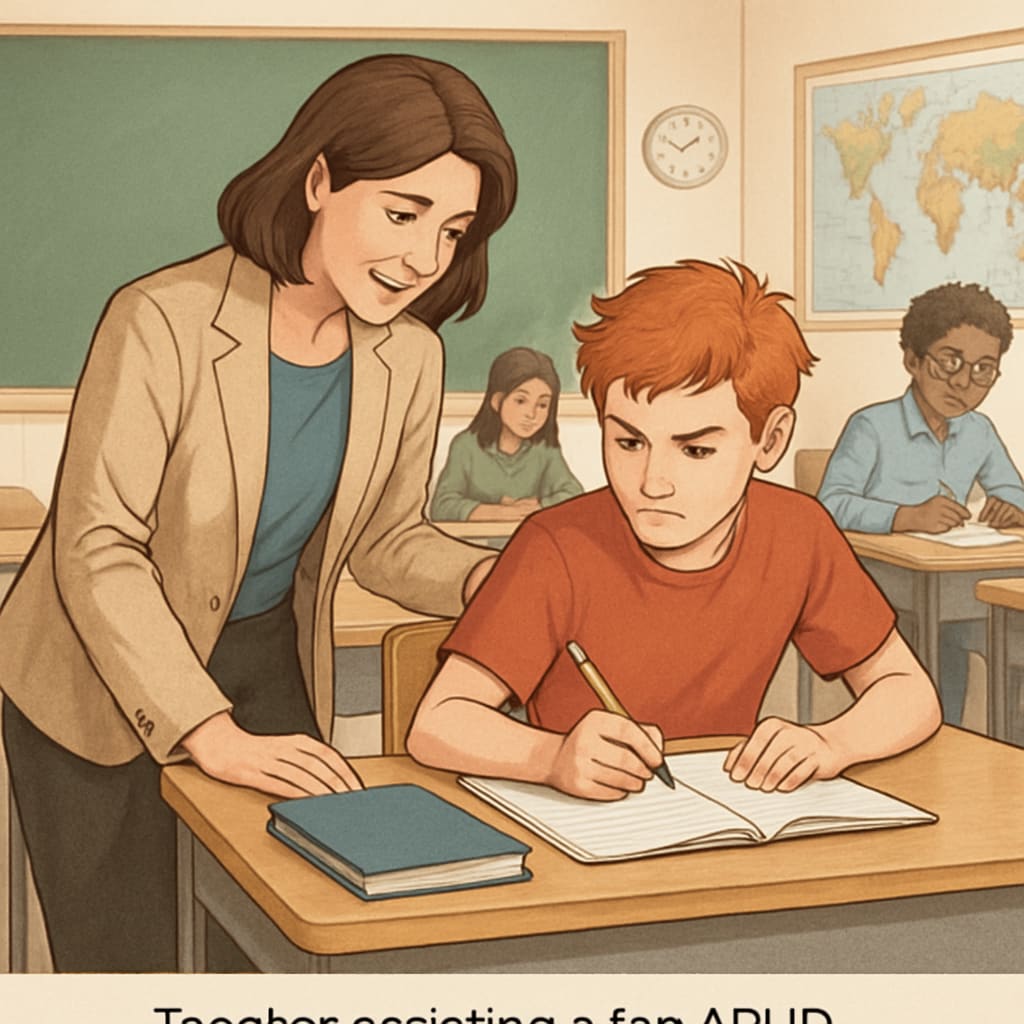High school can be a challenging journey, especially for students with ADHD (Attention-Deficit/Hyperactivity Disorder) or those dealing with family-related hardships. For many, these challenges result in significant credit deficits, jeopardizing their ability to graduate on time. However, while this situation can feel overwhelming, it is not insurmountable. With the right strategies—such as personalized learning plans, flexible credit recovery programs, and robust support systems—students can regain their footing and successfully complete their high school education.
Understanding the Impact of ADHD and Life Challenges on High School Credits
ADHD can significantly affect a student’s ability to focus, manage time, and complete assignments, making traditional high school environments particularly difficult. In addition, family challenges—such as financial instability, frequent relocations, or caregiving responsibilities—can further disrupt academic progress. These factors often lead to missed coursework, low grades, and ultimately, credit deficiencies.
For example, research shows that students with ADHD are more likely to struggle with executive functioning skills, such as planning and prioritization. As a result, they may fall behind in assignments or fail to complete long-term projects. This can compound over time, leading to a gap in credits required for graduation. Similarly, students facing family-related issues may have inconsistent attendance, further widening the gap. Understanding these root causes is the first step in creating effective solutions.

Practical Solutions for Credit Recovery
Recovery from credit deficits is absolutely possible, but it requires a tailored approach. Here are three practical strategies that can help:
- Personalized Learning Plans: These are customized academic roadmaps designed to address individual needs. For ADHD students, this might include accommodations like extended deadlines, alternative assessment methods, or frequent check-ins with teachers.
- Alternative Credit Recovery Options: Many schools offer programs such as summer school, online courses, or project-based learning. These options provide flexibility, allowing students to work at their own pace while focusing on specific subjects where they need improvement.
- Support Systems: A strong network of support is essential. This includes not only teachers and school counselors but also family members and ADHD specialists who can provide guidance and resources.
Learn more about ADHD and its educational impact to further understand the unique needs of these students.

The Role of Schools in Supporting At-Risk Students
Schools play a crucial role in ensuring that students with ADHD or family challenges have access to the resources they need. For instance, many schools have implemented Individualized Education Programs (IEPs) or 504 Plans, which provide legal accommodations tailored to students’ specific challenges. Additionally, creating a school culture of understanding and inclusivity can empower students to seek help without fear of stigma.
Moreover, schools can partner with external organizations to offer tutoring services, mentorship programs, or even mental health support. By taking a proactive approach, educators can help at-risk students build the skills and confidence they need to succeed.
For further reading, check out this Wikipedia article on ADHD in education, which provides a broader overview of strategies and accommodations.
Looking Ahead: Building Resilience and Lifelong Skills
Overcoming credit deficits isn’t just about graduating high school—it’s about building resilience and developing lifelong learning skills. For students with ADHD, this often means learning how to advocate for their needs, manage time effectively, and set achievable goals. These skills can prepare them not only for higher education but also for the challenges of adulthood.
In conclusion, while the journey may be difficult, students facing credit deficits due to ADHD or family challenges have hope. With personalized strategies, flexible recovery options, and strong support systems, they can rebuild their academic success and open doors to a brighter future.
Readability guidance: This article uses short paragraphs, clear transitions, and lists to improve readability. Active voice is prioritized, and technical terms are explained for a broader audience.


